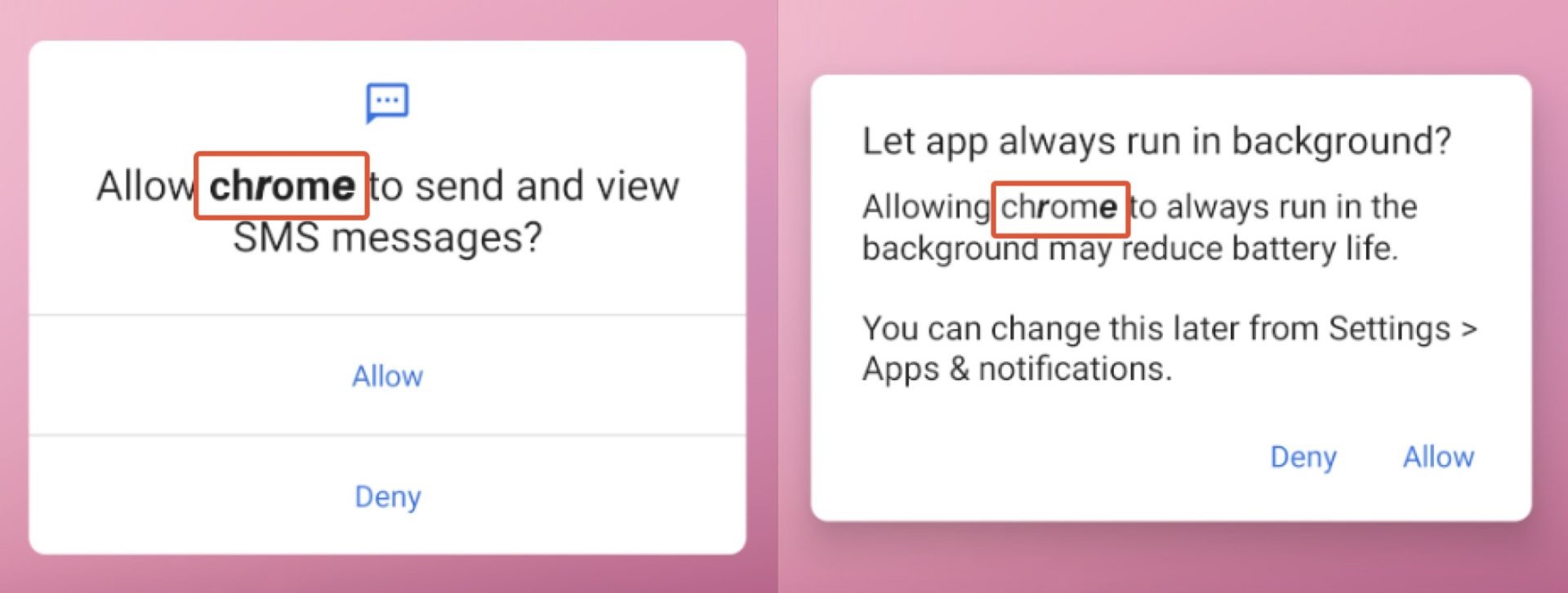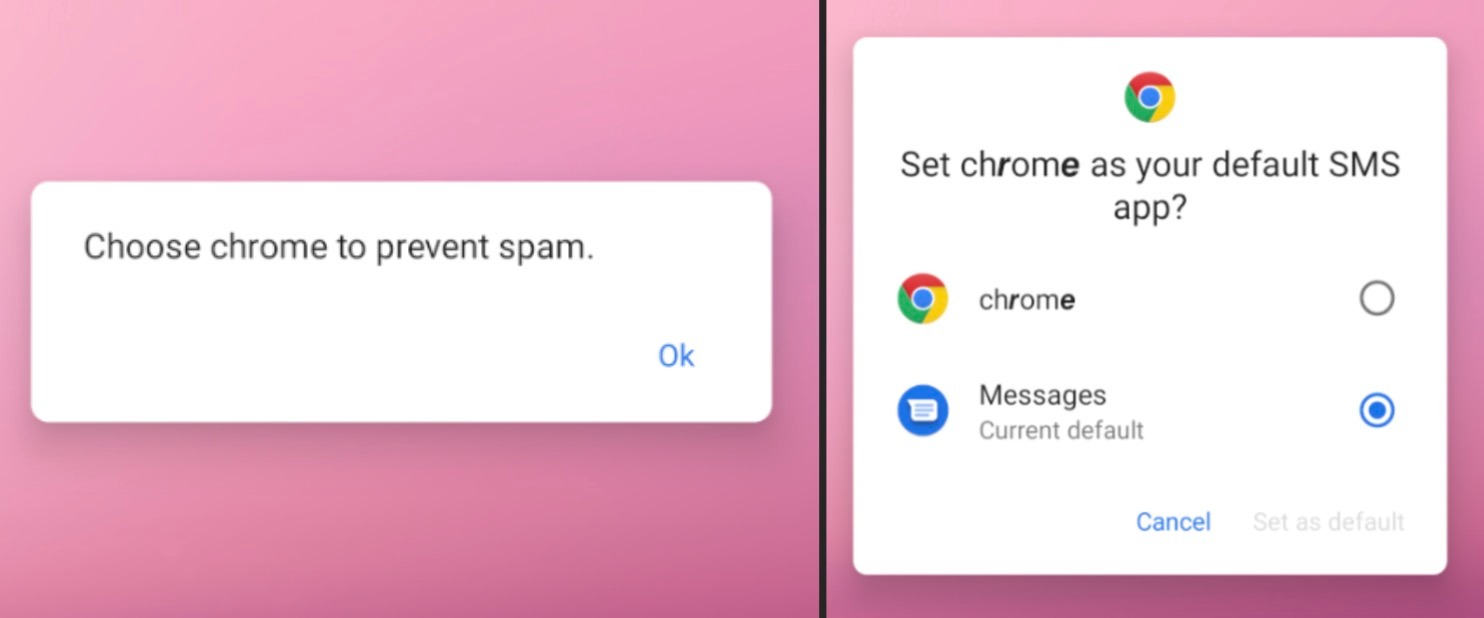How Google Chrome Plans to Block Hacking Attempts on Users’ Network |
How Google Chrome will block hacking attempts
Web browsers act as the medium between a user and the internet, hence, it becomes important for it to have safety features to protect users from hackers and take control of your network. By gaining the control of the network, hackers can monitor all the unencrypted traffic to and fro from all the devices that are connected to that particular internet connection.
For example, if your Wi-Fi is hacked, cybercriminals can spy on all the computers, laptops and mobile phones connected to the Wi-Fi. This can also provide access to personal information like name, address, and even financial information.
The upcoming feature will scan connection attempts to user network devices and stop any suspicious activity. Before a website A navigates to another site B in the user’s private network, the feature will “check whether the request has been initiated from a secure context” and “whether B responds with a header that allows private network access.”
“The above checks are made to protect the user’s private network. Since this feature is the ‘warning-only’ mode, we do not fail the requests if any of the checks fails. Instead, a warning will be shown in the DevTools, to help developers prepare for the coming enforcement,” Google said on the Chrome Platform Status website.
Google Chrome Tracking Protection
Earlier this year, Google started to roll out the Tracking Protection feature that will limit cross-site tracking by restricting website access to third-party cookies by default. The move is aimed at making browsing on Chrome more safe and secure. Google plans to phase out third-party cookies for everyone in the second half of 2024.







